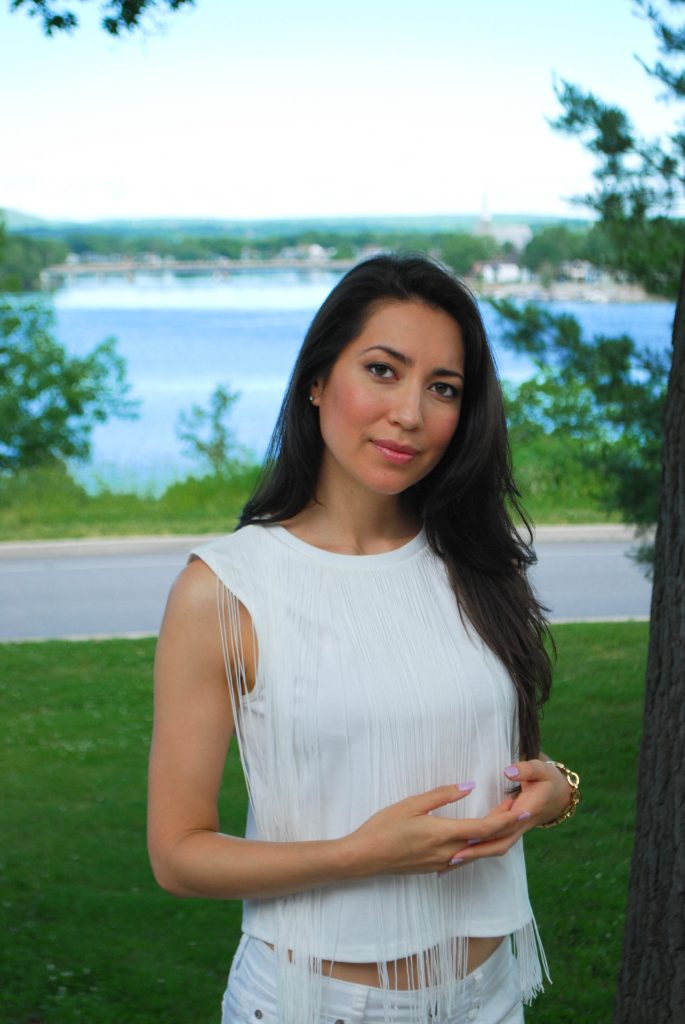
If you’re an introvert who has trouble opening up and being vulnerable in relationships, I know how you feel. It’s frustrating, because nowadays it seems that the antidote to every relationship ailment is to simply be more vulnerable.
With wildly popular books like Brené Brown’s Daring Greatly lauding the power of vulnerability, introverts feel more pressure than ever to let down our wall.
Unfortunately, being vulnerable isn’t easy, especially if you’re an introvert who needs time to open up to people. If your tendency is to shut people out when you feel emotional discomfort, you are in good company.
Many introverts—even those of us that genuinely want to connect and find love—are more inclined to shut down, run away, and hide than risk sharing our messy heart with someone we don’t fully trust.
The problem is that the requirements for earning our trust are too challenging. It’s as if we’ve set booby traps around our heart to avoid letting people in.
And can you blame us? Being vulnerable is terrifying. I’m not just talking about the big acts of vulnerability, like saying “I love you.”
The real definition of vulnerability
Brené Brown describes vulnerability as “uncertainty, risk, and emotional exposure.”
There can be elements of risk and emotional exposure in every human interaction. Reaching out, giving a sincere compliment, extending an invitation, sharing how you really feel—all of these involve vulnerability, because you don’t know how the person will react.
That’s why being vulnerable shouldn’t hinge on reactions and outcomes. It’s something you do as a gift to your own soul, because it longs to be seen by another.
When you notice and feel too much
Of course, this is all easier said than done when you’re an introvert who notices everything.
As an observant, intuitive introvert you may pick up on micro expressions…which also means you pick up on micro rejections. I’ve been there.
Growing up, on top of being introverted I was also shy and very quiet. I did not know how to express myself, especially with new people. This led others to interpret my quietness as a sign that I was dumb or unfeeling.
They didn’t know that my skills of perception were very much in tact and I could read them like a book. I could see the judgments written on their face and it hurt.
When you feel even subtle rejections deeply, it’s hard to open up on command. You begin to see even the slightest sign of rejection (a frown, an interruption, a sideways glance) as a sign that it’s better to keep your armour on.
In high school I remember showing my older brother, who is a very talented artist, a painting I had made. He looked at it and said with a chuckle, “this painting is everything they tell us not to do in art class.”
And just like that my offer of vulnerability was rejected and laughed at.
Fortunately, painting wasn’t something that was close to my heart, so I wasn’t too hurt. However, when it comes to sharing our soul, rejection and ridicule can do real damage.
So, how do we overcome our fears and be vulnerable?
First of all, we don’t overcome the fear. We let it be present, while choosing to act in favor of our soul. This means that we don’t treat our fear like royalty. We don’t worship it as the great commander and chief of all our choices.
Nor do we place it on a pedestal in the center of our lives as a kind of shrine to every reason we have to be afraid. Fear can be in the room with all our other feelings.
Because, contrary to popular belief, fear is quite amiable. It plays well with the other emotions, including excitement, joy, and courage. You can let your fear have its playdate with your other feelings while you take small steps toward vulnerability.
Here are some ideas to be more vulnerable:
- Share your emotions in conversation
- Share something that moved you
- Write thoughtful cards, instead of relying on Hallmark’s words
- Make the first move
- Extend an invitation
- Have that difficult conversation you’ve been avoiding
- Share your creative work
- Call that loved one, instead of waiting for them to call you
- Ask for what you want
A while ago I wrote an article about how to open up as an introvert: Shy Introvert: How to Open Up Naturally
Love,
Michaela

P.S. If you’re new to the blog, allow me to introduce myself. I’m Michaela Chung, author of The Irresistible Introvert and The Year of The Introvert, and creator of this amazing innie community we have here. For several years, I’ve been building up a labyrinth of introvert resources that will take you on a magical journey toward more confidence, connection, and self-love. Start with this free Introvert Connection Guide.










